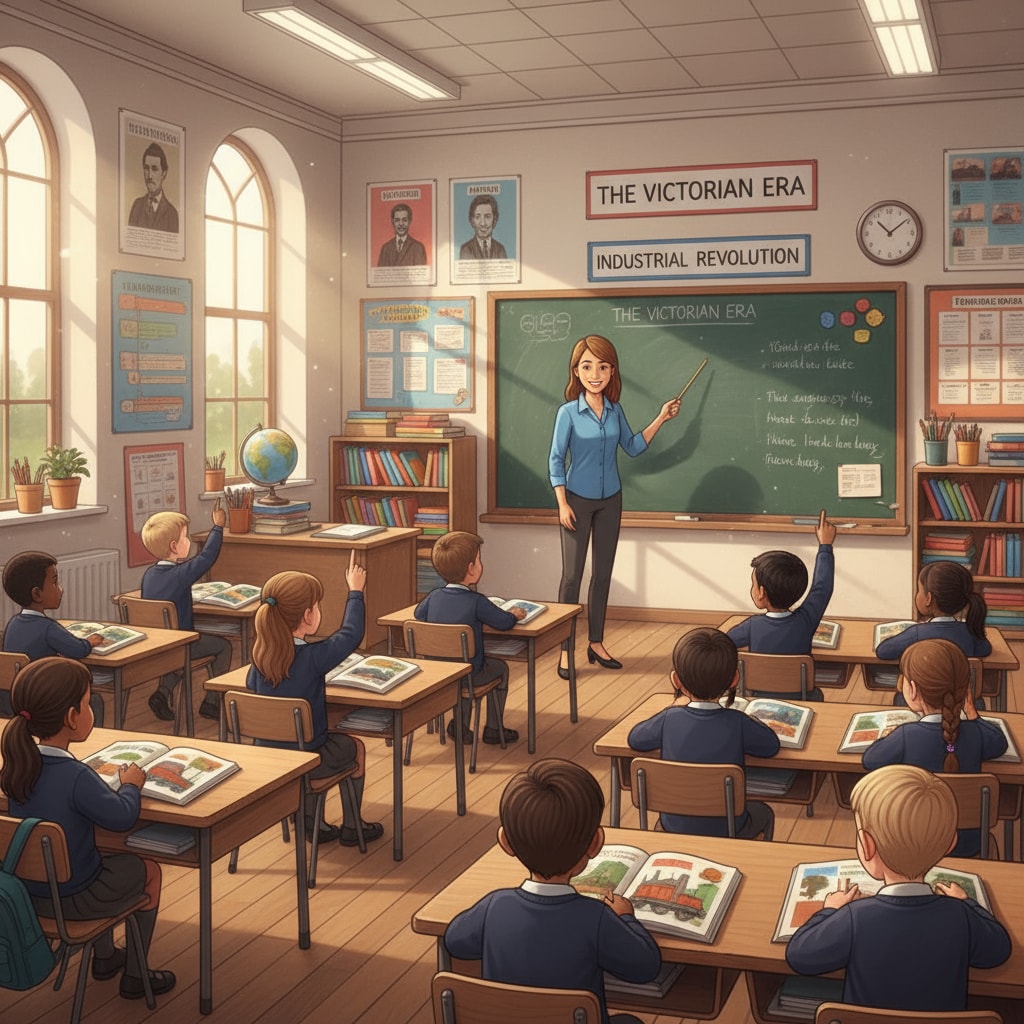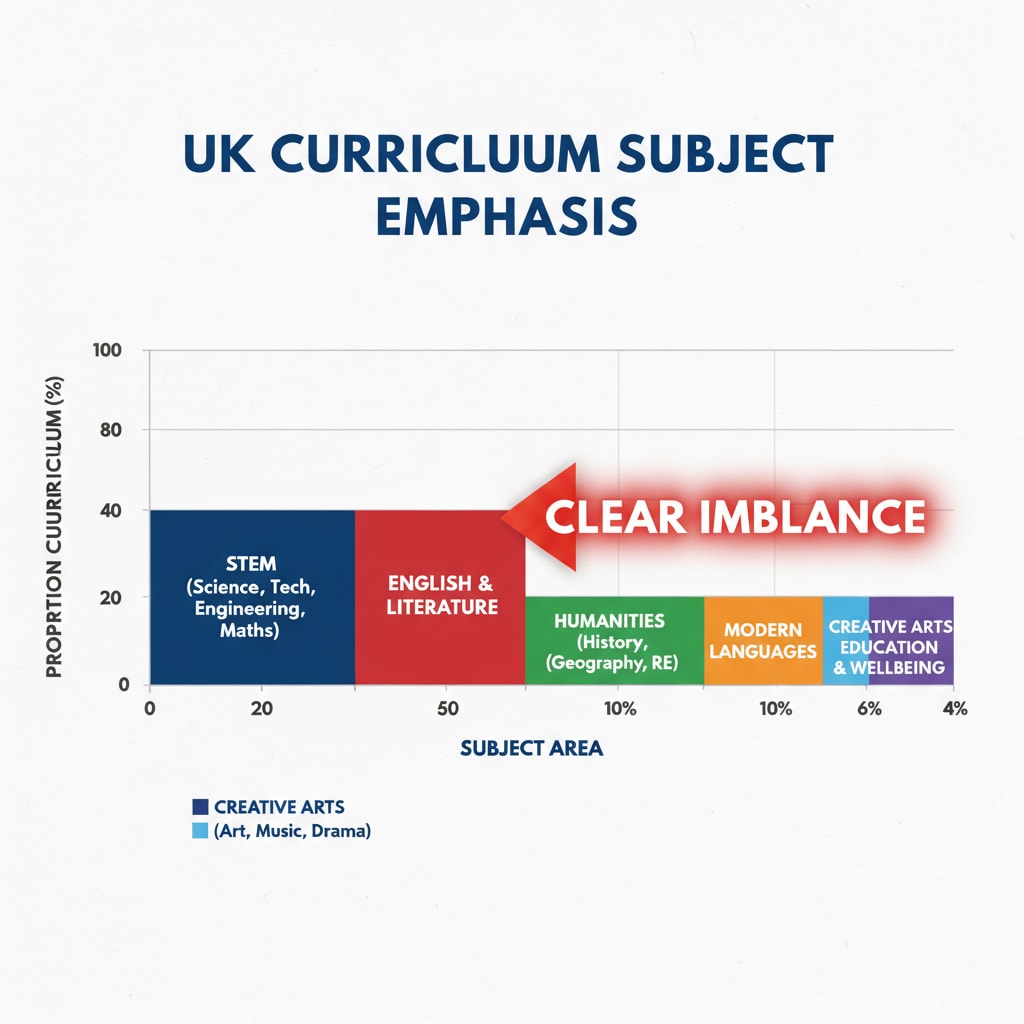The UK education system, curriculum reform, and student assessment methods are crucial aspects that demand in-depth analysis. In the current landscape, the K12 education system in the UK is grappling with several structural challenges that necessitate immediate attention and reform.

The Rigidity of the Curriculum
The curriculum in the UK’s K12 education often appears rather rigid. It has been slow to adapt to the rapidly changing world. For example, the emphasis on traditional subjects like mathematics, English, and science remains strong, while emerging fields such as digital literacy, environmental studies, and global citizenship are sometimes sidelined. According to Wikipedia’s page on UK education, this inflexibility can limit students’ exposure to diverse knowledge and skills, hindering their ability to thrive in a modern, globalized society.

Single-dimensional Assessment Methods
Student assessment in the UK is predominantly based on traditional exams and standardized tests. This one-dimensional approach fails to capture the full range of students’ abilities, talents, and potential. In addition to academic performance, qualities like creativity, critical thinking, and problem-solving skills are equally important. However, these are often overlooked in the current assessment system. As stated on Britannica’s education system page for the UK, a more comprehensive assessment model is needed to accurately evaluate students and provide them with appropriate support.
Another significant issue is the marginalization of art education. In the race to focus on core academic subjects, art, music, drama, and other creative disciplines are being given less time and resources. This not only impoverishes students’ cultural and aesthetic experiences but also restricts their overall development. Art education plays a vital role in nurturing creativity and emotional intelligence, which are essential for success in today’s world.
The Impact of AI on Education
The advent of artificial intelligence (AI) has introduced new opportunities and challenges for the UK education system. On one hand, AI can be used to personalize learning experiences, providing students with customized study plans and feedback. On the other hand, it raises questions about the role of teachers and the skills students need to acquire in an AI-driven future. For instance, students will need to develop skills in data analysis, ethical understanding of AI, and digital resilience.
In conclusion, the UK education system clearly needs a comprehensive and profound reform. Addressing the rigidity of the curriculum, diversifying student assessment methods, and integrating AI into education are all essential steps. By doing so, the UK can ensure that its education system equips students with the knowledge, skills, and qualities needed to succeed in the 21st century. The future of education in the UK depends on these crucial reforms in curriculum and assessment methods.
Readability guidance: The article uses short paragraphs and lists to summarize key points. Each H2 section provides relevant details. The proportion of passive voice and long sentences is controlled, and transition words are used throughout for better flow.


